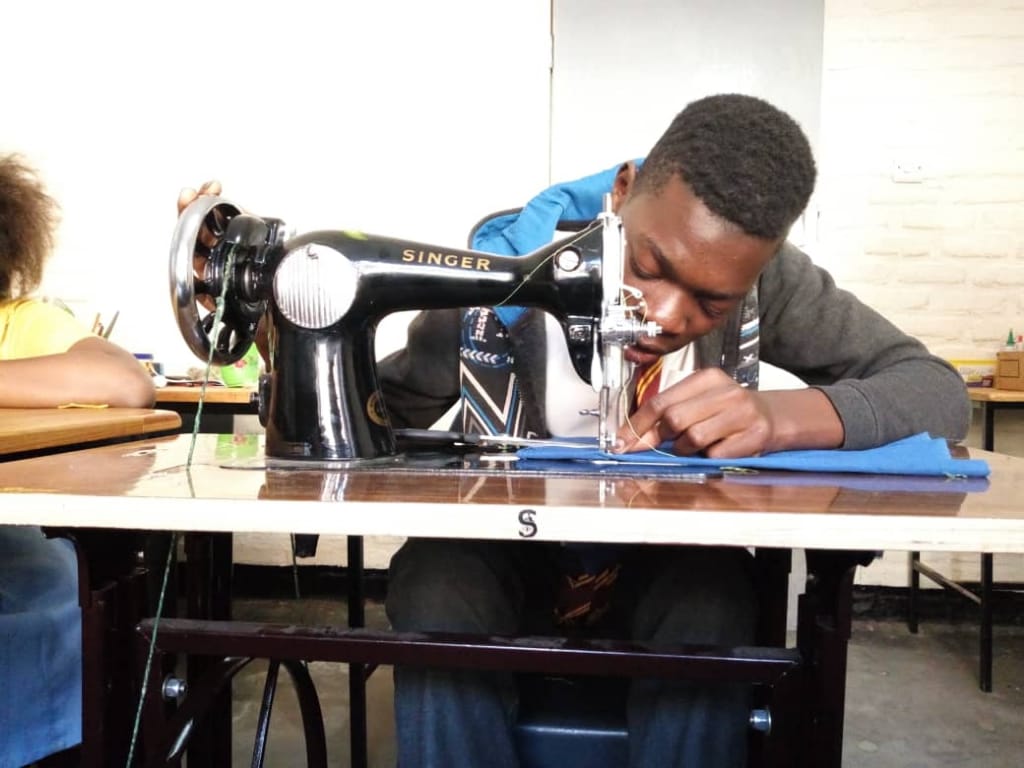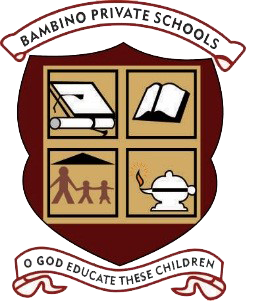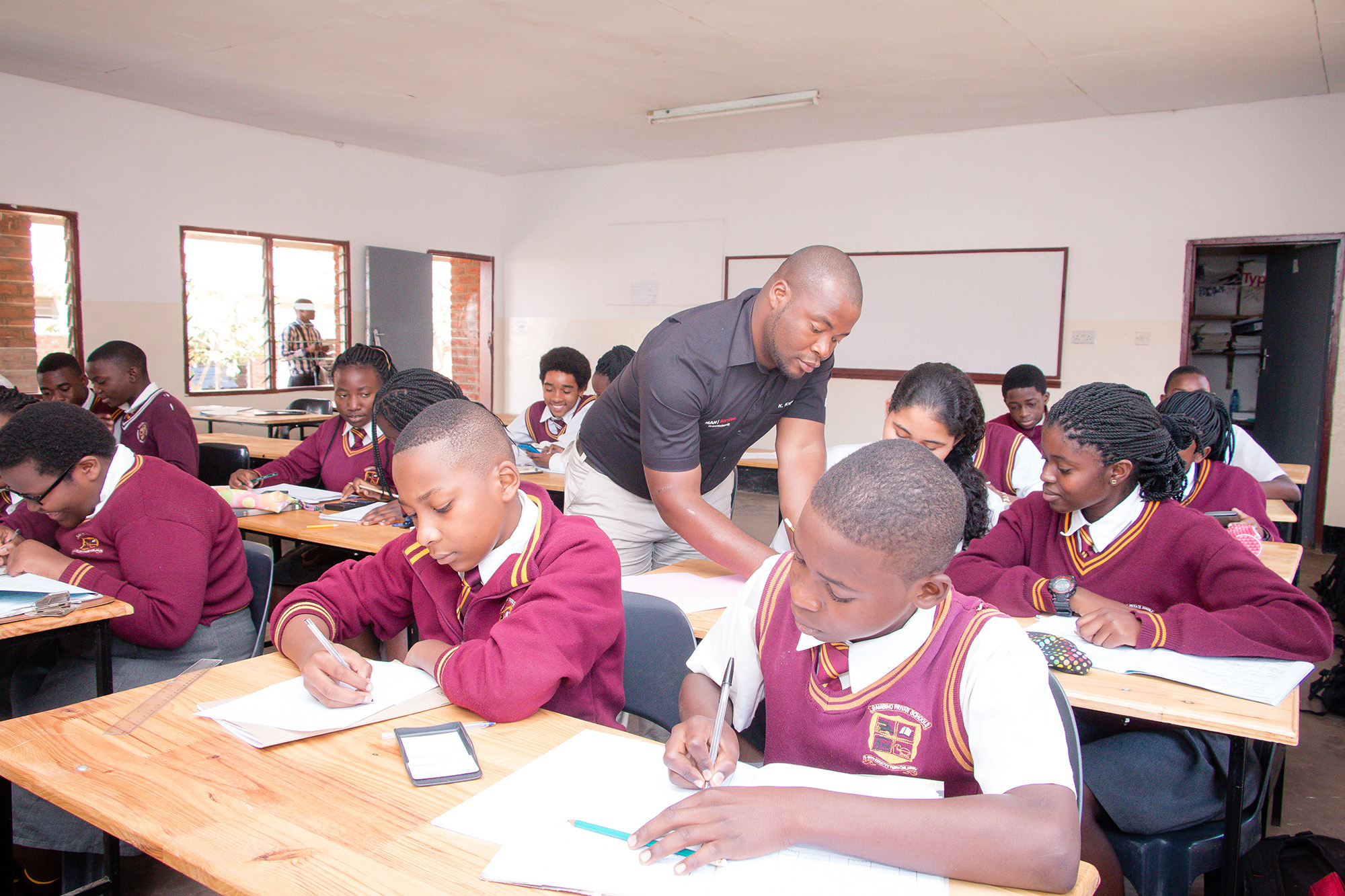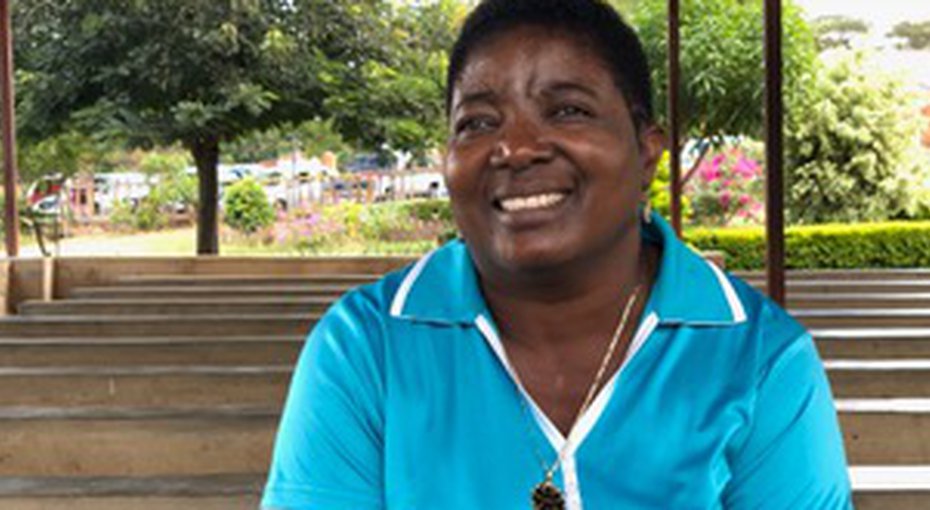Dear Parents and Guardians,
We have now come to the end of the 3rd Term, in the 2018/2019 Academic year. We hope that you have had a wonderful as well as productive academic year. This term has seen further developments towards academic excellence and we have rounded-up the current academic year with a lot of activities which among others include: public examinations, international trips, the 2018/2019 School leavers graduation and programs geared towards social and well-being of our students.
First of all, we would like to extend our sincere thanks and appreciation as you have entrusted us with your children/ward for this academic year as well as remitting examination fees, school fees on time and the valuable communication fostered in the various platforms provided and made available.
Term Programs
The 2019 Cambridge Examinations were conducted and concluded on 13th June 2019 and our students were commended for the admirable conduct during this period.
The 2019 MSCE Examinations were also concluded in the month of June, with further commendation for our students who conducted themselves very well.
The 2019 Graduation ceremony was successfully held on 15th June 2019 and was well patronized by parents and guardians though some could not attend due to the distance they had between the city and their location at that time. From the postmortem we conducted, it turned out to be our best event with unqualified success.
The international school trips, i.e. German trip to Ghana; German Student Exchange trip to Germany are currently underway as our student groups have arrived at their destinations and are on course with their schedules. Sadly, we had to cancel the Open trip to Zambia-Zimbabwe-Botswana because of low remittance of funds from parents and we couldn’t facilitate the prior logistics. However, we will have the trip rescheduled for the first term of the next academic year during the mid-term holiday. Please support your child or ward in time so that we can have the trip.
Parents and Teachers Association
We would like to offer our appreciation once again for your unwavering support towards the running of the PTA. As mentioned at the beginning of the term, there is a reliable flow of information through the class “WhatsApp” groups as well as other means as requested by some parents. Let’s continue to support each other through this grouping. We are still updating our system from time to time and would therefore like to request that you forward the latest email address to the class teachers as soon as possible so that we provide you with access to the parents portal in our system where you can access valuable details about your child at the school.
Discipline
As is the case in all schools, discipline at the school is crucial and we have had to expel some students for serious offenses and in line with this, we rolled out a “Code of Conduct” enclosed in the school report packets of Term 2 so that you and your child/ward should have ample time to go through the document and in the end complete the details at the end then return the document to school through the class teachers. If for any reason you have not had the chance to do so, please contact us through your child’s class teacher and request for the copy so that you are well acquainted with it’s contents and append your approval.
We would also like to inform parents to provide your children/wards with the appropriate school uniform, sports kit and ensure that your child/ward is well dressed for school as well as having school standard hair style. Please take advantage of the long break to replenish uniform sets for your child or ward. Our uniform stores is always open during the holidays.
All exercise books are also to be taken care of by covering with a see-through plastic cover with NO scribbling or dirtying so that subject material is easy to follow through and enable easy access to content. Please remind your child or ward that most of the content in the current exercise books will be required in the next academic year as they progress to the next level of their studies.
School Fees
School fees are to be completed on time, i.e. by the end of the 2nd month in a term. As per school policy, after the 20th of a month, fee checking commences. For those who are on the fee payment plan, we urge you to honor our agreement, and most importantly for those who can manage to do so, please pay fees in advance. For those who are yet to complete fees payment due to some unforeseen circumstances, we urge you to do so as soon as possible and if there are any discrepancies or there is a need to reconcile payments, our accounts office is always ready to assist using your remittances and receipts or bank transfer confirmation.
After Management held consultative meetings, it has been resolved that school fees be adjusted upwards with a view to cater for rising inflation as well as incorporating examination fees, spread over a longer period of a child’s progression leading to the Exam year so that we overcome the current burden faced by both parents and the school in collecting school fees and exam fees, as a large chunk. This has already been tried and tested in the MANEB stream and for the past years, it has worked to everyone’s benefit. The fees structure from September 2019 will be as follows:
MANEB CLASSES
| Form 1 and 2 | 350,000 |
| Form 3 | 365,000 |
| Form 4 | 385,000 |
CAMBRIDGE CLASSES
| Form 1 and 2 | 380,000 |
| Form 3 | 395,000 |
| Form 4 | 500,000 |
| Form 5 | 500,000 |
| Form 6 | 570,000 |
Much appreciation goes to the parents/guardians who have since paid fees in advance for 3rd Term.
All fees must be deposited into the school fees account. Below are the details:
| Account Name | Bambino Schools |
| Account Number | 1227599 |
| Bank | National Bank |
| Branch | Capital City |
| Fax | 01761372 |
| admin@bambinoschool.org secondary@bambinoschool.org |
Remember to send the deposit slip, remittance or bank transfer details to our Accounts Office in person, through fax or email.
Be reminded that the ‘fee payment plan’ is an official scheme for which you have to apply in person and upon approval, you would be taken through completing the documentation and we will thus honor our agreement as per ‘fee payment plan’. Deciding to defer payment unilaterally does not qualify being on a ‘fee payment plan’ neither does sending word of mouth nor a note to the school through a student.
2019 IGCSE/A LEVEL October/November Examinations
The window for remitting examination fees opened on 15th May 2019 and will close on 10th August 2019. If you have a student scheduled or wishing to sit for examinations during this session, please request a letter giving a quote of the exam fees and payment details from the Head-teacher’s office as soon as possible. After the closing date, late entry fees apply on top of each subject fee.
All students who are sitting for a selected number of subjects during the 2019 May/June session are expected back in class as we open the next term on 2nd September 2019. Please be reminded that this is a requirement for internal candidates sitting for exams at Cambridge Centres and if your child or ward does not turn up, we will make that student an external candidate.
Communication
All communication should be made through our normal and official channels, official phone number; office bearer’s personal phone number; class “WhatsApp” groups; class teacher’s personal phone number; email: secondary@bambinoschools.org; verbally and in writing. Let us inform one another of absences and let us timely communicate alterations to normal schedules so that we lessen disruption to school related activities. We thank all parents who continually use the official channels to communicate with the school and the curtesy you have afforded us in doing so.
We look forward to serving you in the next academic year of 2010/2020. Please remember that our offices remain open during the holidays and we are available to attend to queries and facilitations.
| R. THOM | D. PHIRI |
| DEPUTY HEADTEACHER ADMINISTRATION | DEPUTY HEADTEACHER ACADEMICS |


























